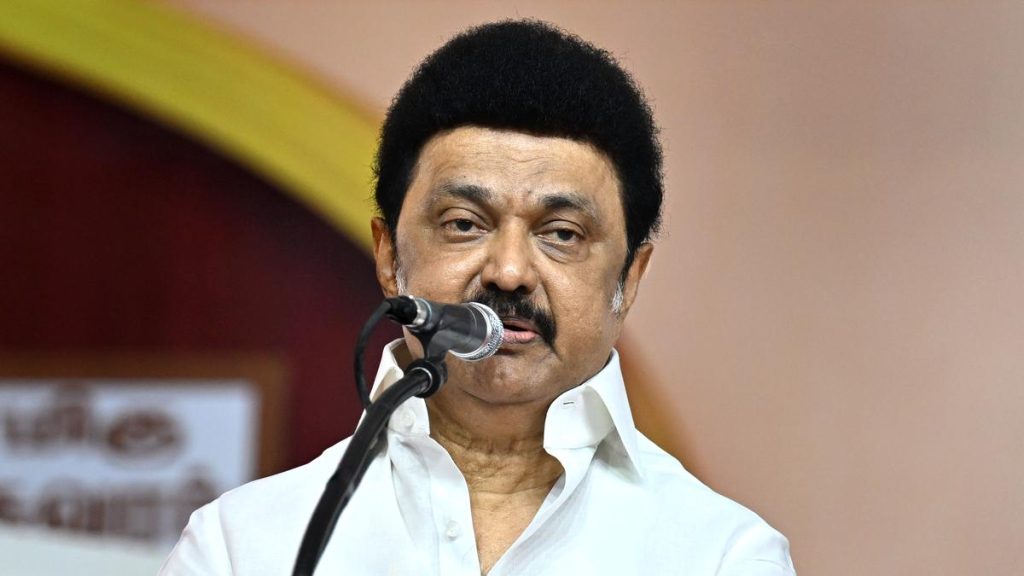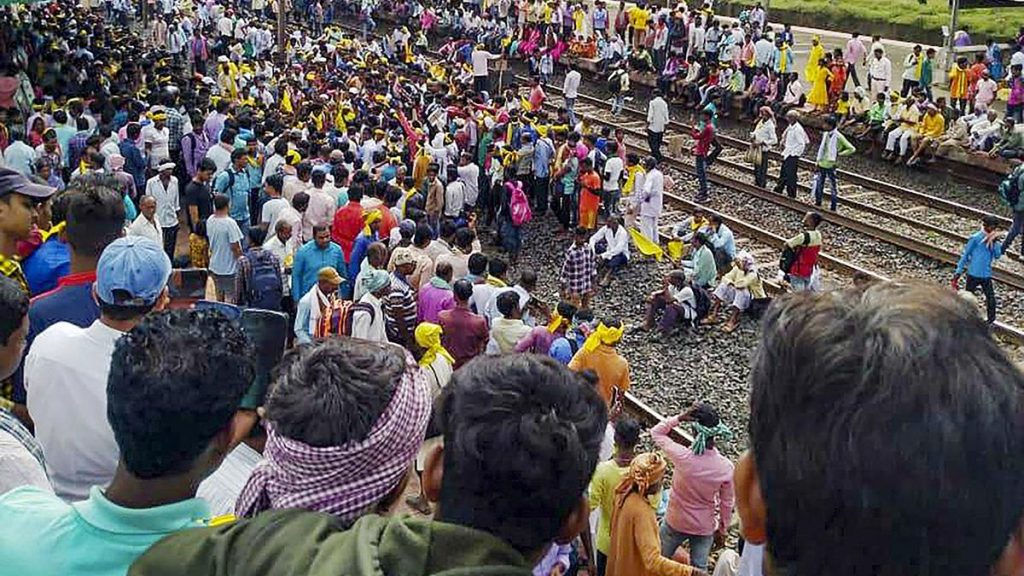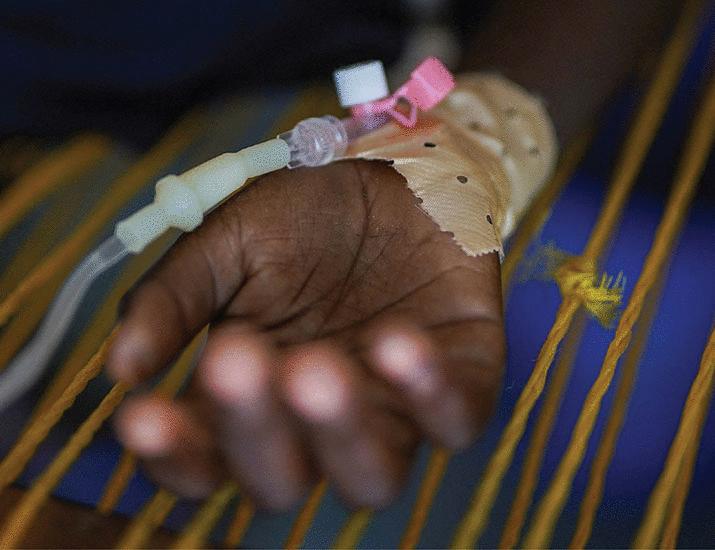Now Reading: Government Considers Caste List Revisions to Address Concerns
-
01
Government Considers Caste List Revisions to Address Concerns
Government Considers Caste List Revisions to Address Concerns
Fast Summary
- A socio-educational survey in Karnataka is set to begin on September 22, 2025.
- Objections arose among cabinet ministers, primarily from Vokkaliga and Veerashaiva-Lingayat communities, over the inclusion of “new castes” in the caste list for the survey.
- Chief minister Siddaramaiah directed the Karnataka State Commission for Backward Classes to address these concerns and make necessary adjustments.
- Proposed changes include masking controversial caste names in survey software and allowing members of such groups to use the “others” column temporarily.
- congress general secretary Randeep Singh Surjewala advised state leaders to drop contentious new castes from the list while continuing with the survey.
- The inclusion of 331 new castes/sub-castes-mainly Christian and Muslim sub-groups such as Vokkaliga Christians, Kuruba Christians, Brahmin Christians, Lingayat Christians-has triggered opposition from BJP-backed groupings and several caste organizations. A suggestion was made to classify them under a “converts” category instead.
- prominent Veerashaiva-Lingayat organizations have urged their members to register as “Veerashaiva-Lingayat” or “Lingayat” under a separate religion column labeled “others.” These concerns were echoed during Cabinet meetings held on September 18-19, 2025.
- Ministers expressed divided opinions: halting or delaying could embarass the government; going forward without adjustments might create political damage and legal challenges.
- some officials warned that altering previously collected data might invite judicial review if due process isn’t followed.
Indian Opinion Analysis
The controversy around Karnataka’s socio-educational caste survey underscores deep-rooted sensitivities regarding social identity politics in India. While collecting accurate data is key for addressing inequalities through evidence-based policymaking, including previously unrecognized groups without consultation risks backlash from established communities and sociopolitical stakeholders.
Balancing inclusivity with procedural rigor appears critical here; sudden changes could undermine both trust in institutional processes and potential benefits derived from concrete data collection efforts like these surveys. The state’s decision-makers must anticipate legal challenges stemming from exclusion or misrepresentation claims while navigating communal dynamics effectively within coalition politics.
The broader implications lie in how this exercise may influence political narratives across diverse constituencies-both within Karnataka’s governance structure and national electoral discourse around backward class policies moving forward.



























